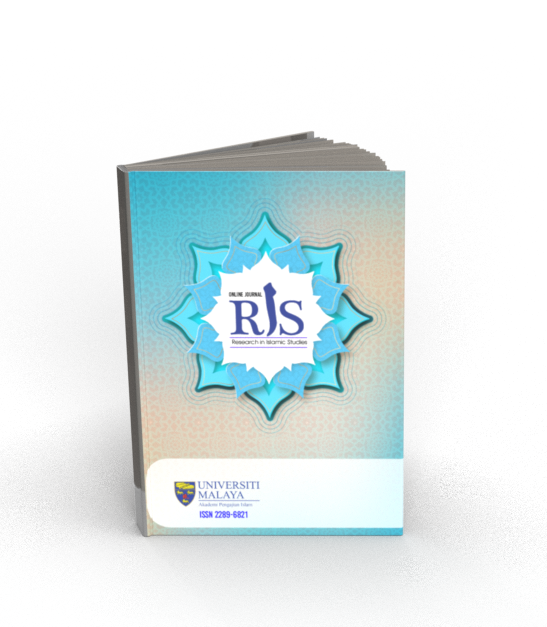Main Article Content
Abstract
The development of technology today has an impact on the social structure of society, especially those involving aspects of health, treatment, and end-of-life care. With the development of the latest technology such as the use of ventilators, Bi-Pap and C-Pap machines, blood pressure monitors, feeding tubes, beds and kidney machines and others have been able to guarantee that patients facing high-risk diseases will lose their lives (terminal ill), has gained new hope either from the point of healing or extending life span. However, there are patients who are in a position where there is no hope of life or more precisely called the level of medical futility. A series of issues arise from that that require a legal response. Among the issues is the position of stopping treatment for the patient, the party that has the right to make decisions on behalf of the patient when he is unable to make decisions, the rights of the patient and so on. Thus by using a qualitative approach by collecting library data. Then the data will be analyzed in a mixed methodology regarding the position of patients who have no hope of life and some selected issues.
Keywords
Article Details
Copyright (c) 2024 Online Journal of Research in Islamic Studies

This work is licensed under a Creative Commons Attribution-NonCommercial 4.0 International License.
Copyright Notice
By submitting manuscripts to the Online Journal of Research in Islamic Studies (RIS), authors agree to transfer copyright to the journal. However, authors may republish their work or grant others permission to republish it; in which case it should be accompanied by a proper acknowledgment that the work was originally published in the Online Journal of Research in Islamic Studies (RIS). The journal adopt CC-BY-NC licence which authors may also share and distribute their article anywhere of non-commercial website, social media and repositories immediately on publication.
Authors may also reuse the Abstract and Citation information (e.g. Title, Author name, Publication dates) of their article anywhere at any time including social media such as Facebook, blogs and Twitter, providing that where possible a link is included back to the article on the journal site.
